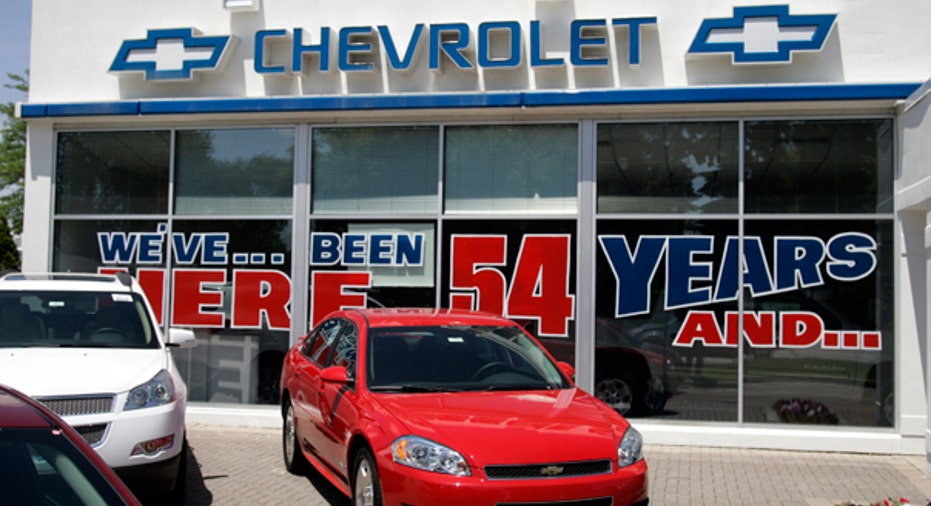How Much Will Raising Insurance Deductibles Save You?

If you've got the cash in the bank to cover the unexpected expense, hiking the deductible on your auto insurance coverage could save you hundreds of dollars a year.
But if you don't, you may be taking a big risk for comparatively little return.
CarInsurance.com compared rates on the same driver for three cars at deductibles ranging from $250 to $2,500. If the sample driver -- a 35-year-old man with a clean record in Houston - bought the cheapest policy shown, he could save about 50 percent on his annual comprehensive and collision premiums by raising his deductible from $250 to $2,500.
The figures below don't include state-required liability coverages, which don't have a deductible.
2004 Mazda3
2008 Honda Accord EX
2012 Ford Explorer
The costs of comprehensive and collision are determined by the value of your car and the likelihood that the insurance company will have to pay out that amount. There are only three ways to save money on the cost of that coverage:
- Drop the coverage altogether if you own your car outright.
- Shop around with different carriers. Rates can differ by hundreds of dollars. (See “Pocket $1,102 just by shopping around.”)
- Raise the deductible.
A deductible is the amount you have to pay toward a repair. The higher the deductible you choose, the less risk of a payout there is for the insurance company -- and the smaller the premiums you pay.
Depending on the car, that Houston driver saves from $176 to $284 a year going from a $250 deductible to $2,500. If you have an extra $2,500 tucked away, that's a pretty good return for your risk.
But if you don't, the loss of your car as you try to find the needed cash could be devastating.
Who should raise their deductibles?
Most people spend much less on comprehensive and collision coverage -- the insurance that repairs your own car -- than on liability, the insurance that covers the people you hit. Increasing deductibles only a little --say, from $500 to $1,000 -- might not be a savings slam-dunk.
Cristofer Pereyra, an agent for Farmers Insurance in Phoenix, tells his clients who are good drivers that they're better off raising their deductible and putting the savings aside every month in case they have an accident. "The longer you have been without an accident, the longer you will be in the future," Pereyra says. (See “Here's how many accidents you'll have.”)
"Nobody likes to pay the deductible, but typically people choose a deductible that they can handle," he says.
Many people with high deductibles of $1,000 or more often own their car outright, have a lot of money in the bank and don't mind paying for minor damages or living with unrepaired dents on their bumper, says Penny Gusner, consumer analyst for CarInsurance.com.
Who should not raise their deductibles?
Raising deductibles is one of the best ways to save on car insurance, says Mike Sena, a financial adviser in Georgia. But putting the difference into a savings account is critical.
"You never know when you're going to need insurance,” Sena says.
Those who gamble on a deductible they can't afford face the possibility of not getting their car back from the body shop until they pay it, Gusner says.
Typically, insurers pay the body shop directly for repairs, leaving the driver to pay the deductible to the body shop, she says. Storage fees may be added, too. The shop can use what's known as a mechanic's lien to hold the car. (See “What if I can't pay my deductible?”)
To lower the bill, the body shop may agree to use cheaper parts or leave some repairs undone. That could hurt at resale time.
The original article can be found at CarInsurance.com:How much will raising your deductible save you?



















